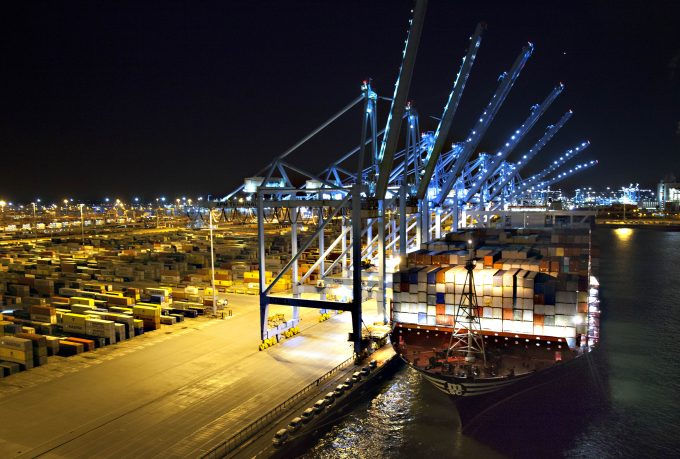USTR fees will lead to 'complete destabilisation' of container shipping alliances
The USTR fees for China-built shipping threaten a “complete destabilisation” of the ocean alliances, as ...

The high number of blanked sailings from Asia to North Europe is leading to some carriers operating “ghost ship” loops on the tradelane.
Alphaliner reported this week that the 2M’s AE1/Shogun service was showing just the 14,036 teu MSC Alexandra on a proforma loop that would normally deploy 11 vessels, ranging from 13,000 to 20,000 teu.
“Though not formally closed, the service is currently a ‘ghost loop’ that has lost almost its entire fleet,” said the consultant.
It said the 2M’s capacity management strategy ...
Ecommerce air traffic to US set to grind to a halt as de minimis exemption ends
Maersk u-turn as port congestion increases across Northern Europe
Apple logistics chief Gal Dayan quits to join forwarding group
Widespread blanked sailings stave off major collapse of transpacific rates
Transpac rates hold firm as capacity is diverted to Asia-Europe lanes
Houthis tell Trump they will end attacks on Red Sea shipping
Airlines slash freighter capacity post-de minimis, but 'the worst is yet to come'
MSC revamps east-west network as alliance strategies on blanking vary

Comment on this article